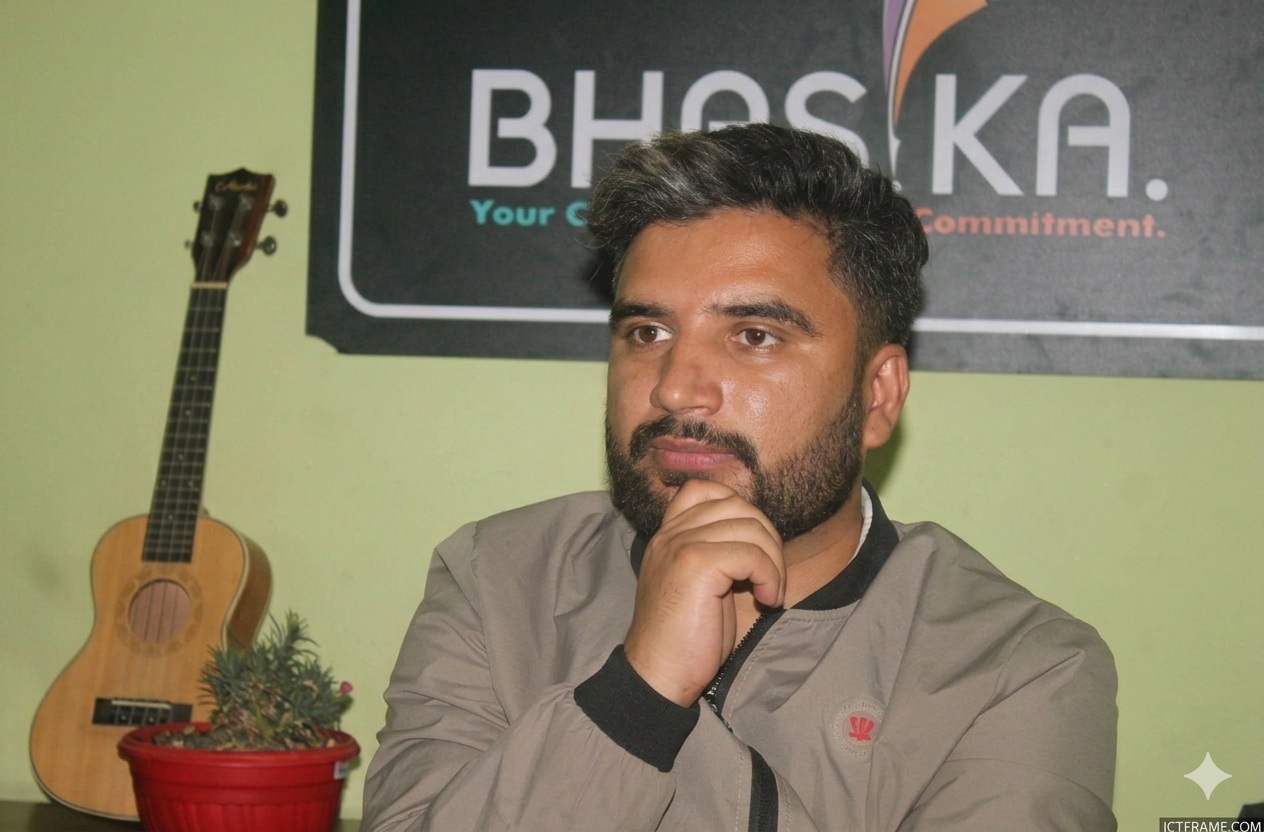Huawei Builds New Data+AI Ecosystem For Digital and Intelligent Healthcare
20th July 2025, Kathmandu
At the recent Global Education & Healthcare Partners China Convention, William Zhang, President of Huawei Healthcare BU (Western) and Vice President of the Data Storage Product Line, delivered a keynote speech highlighting Huawei’s commitment to integrating AI into the healthcare sector.
Huawei Builds New Data+AI Ecosystem
He mentioned Huawei’s partnership with Ruijin Hospital (an affiliate of Shanghai Jiao Tong University School of Medicine) focused on improving diagnostic and treatment efficiency, optimizing resource allocation, and building a standardized, shareable, and visualized healthcare data system.
The partnership showcases the technical expertise and progress the two organizations have made in advancing digital and intelligent transformation in healthcare.
AI Healthcare Breakthroughs in Data, Models, Computing Power, and Applications
AI holds enormous potential in healthcare, but practical implementation faces challenges. Large AI models require carefully cleaned and labeled data; however, data preparation and processing are often an extremely time-consuming and challenging process that requires the collaboration of both clinical experts and data engineers.
These models also face a significant knowledge conversion bottleneck given the complexity of medicine and real clinical scenarios.
In addition, the upfront hardware investment needed is too high for many medical institutions because of their low computing power utilization rates. Therefore, building an efficient, unified AI infrastructure platform is essential.
Turning Data into Diagnoses with Huawei’s DCS AI Solution
To tackle challenges in AI adoption across the healthcare sector, Huawei introduced the DCS AI solution, offering robust technical support.
The partnership with Ruining Hospital demonstrated the solution’s end-to-end software and hardware capabilities, from data processing and model training to real-world applications.
The CSP standardized pathological data format and advanced data-processing tools help reduce data processing time by 80%. A converged data lake enables seamless data sharing, visualization, and management across departments and hospital branches, greatly enhancing processing efficiency.
Huawei’s resource scheduling technology improves computing power utilization and application session concurrency.
Features such as NPU direct storage (NDS) and elimination of repeated computing via querying further enhance training and inference performance.
For more: Huawei Builds New Data+AI Ecosystem







